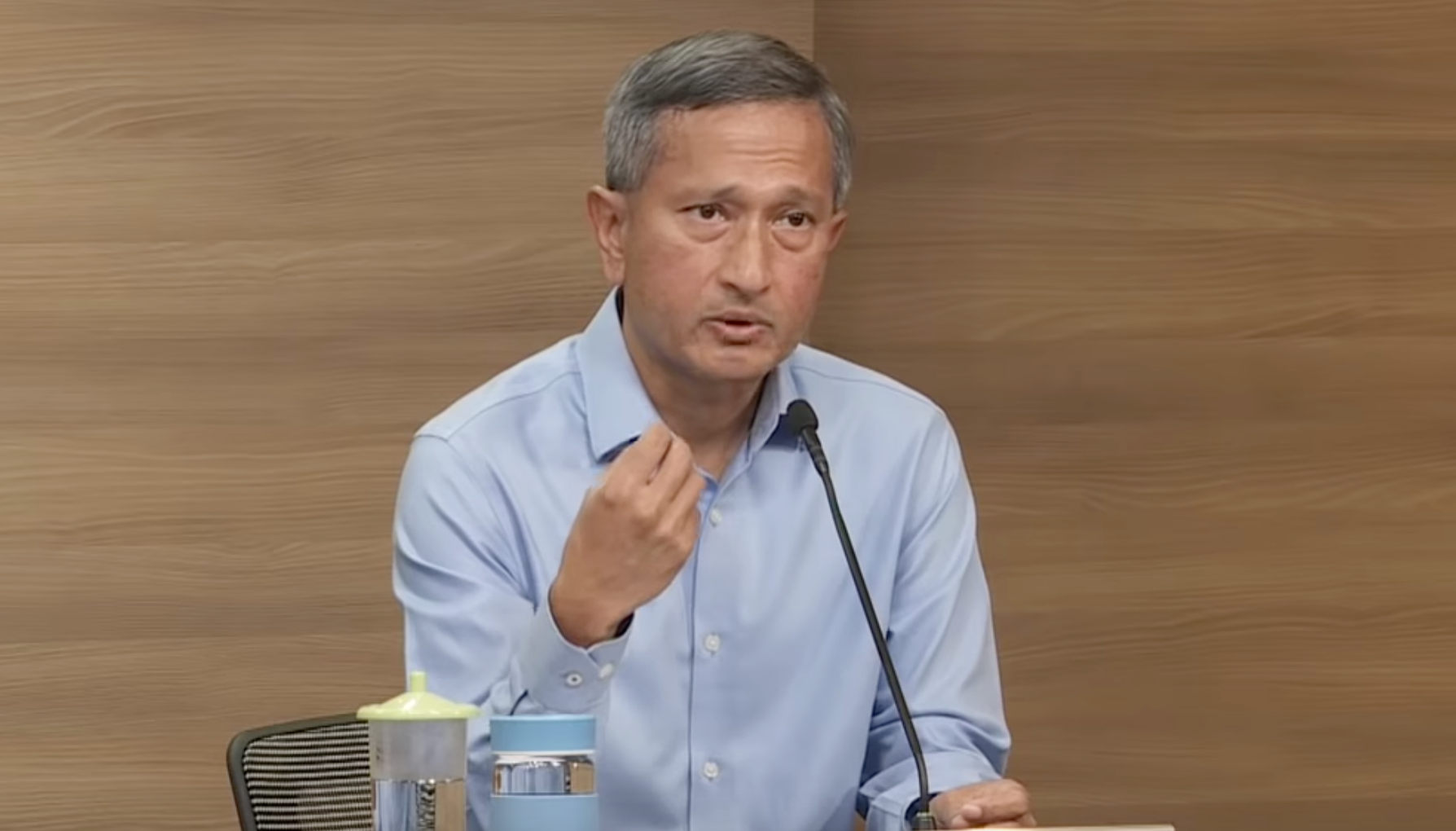“The Minister-in-charge of the Smart Nation Initiative, Vivian Balakrishnan has just announced that a wearable device might soon be issued to people in Singapore to help authorities combat the COVID-19 pandemic. Balakrishnan also said that if the proposed wearable device works well, the Government may consider distributing the device to everyone in Singapore, which would “be more inclusive and ensure all Singaporeans will be protected”.
Before the possibility of a wearable device was announced, the Government had urged Singaporeans to download an app called “TraceTogether”. The premise of the app was to ensure efficient contact tracing in the event that someone became infected with the coronavirus. In his speech in Parliament, Balakrishnan implied that the TraceTogether App had not taken off as expected as a result of technical difficulties in relation to how the app works on iPhones or IOS devices.
The truth however, might well be far more nuanced.
When the app was first introduced there were concerns around privacy and government surveillance A survey conducted by Blackbox Research, indicated that 45 per cent of respondents did not download TraceTogether even though they had heard of it because they “did not want the Government tracing their movements”. The device is no different and will therefore not convince this demographic to carry it.
These fears are likely to increase given that Balakrishnan said that the app has now been upgraded to register the NRIC or FIN number of the mobile phone user. While this upgrade is ostensibly made to enable authorities to “more quickly identify the link between the identity of the confirmed cases and their close contacts”, it does raise questions on whether such data could be potentially misused. It also creates an atmosphere of “Big Brother is watching”.
Balakrishnan was quick to state that any data is only stored in the individual’s phone in the first instance and will be deleted every 25 days if he or she does not test positive for COVID-19. He also said that “only a small group of authorised people” at the Ministry of Health (MOH) would have access to the data if the individual in question became infected by COVID-19.
However, how small is small? And also, how long will the data of the infected individual and the identities of his or her own close contacts be stored?
While gender and age data are not currently being collected by the app, will such data be collected in future? Not to mention how such info may be used to prosecute individuals who accidentally violate social-distancing measures such as being in a group more than the prescribed number or being at a location with another individual without a valid reason.
While the Government may have good intentions, there are many concerns around the provision of private data that have not yet been answered. Such far ranging powers granted now may not easily be clawed back when the pandemic ends. This is especially the case with the impending general elections which the incumbent Peoples’ Action Party (PAP) are most likely going to win. If people hand over their data now with a dominant party given the mandate for another circa five years, who will ensure objective accountability on how that data will be used?
Further, Balakrishnan said that the Government had decided not to make the downloading of the TraceTogether app compulsory because of the technical difficulties mentioned above. Does this mean that the portable wearable device that does not require a smart phone will be made compulsory?
If the Government is going to make the carrying of such devices compulsory, shouldn’t there be a public consultation beforehand? Shouldn’t this be at least robustly debated in Parliament? Requiring everyone to provide their private data in this manner is a HUGE ASK – pandemic or not!
Besides, is it even necessary? Other countries such as New Zealand and Taiwan have managed to tackle the pandemic without having to do this.
Where dealing with COVID-19 has been concerned, many have criticised our Government of having been reactive rather than proactive.
A big part of why the coronavirus has spread like wildfire (particularly within migrant worker dormitories) is because of a lack of early intervention, indecision over the wearing of masks and a certain degree of complacency on the part of authorities. But the Government has to date not taken ownership of these oversights, choosing to justify their past actions and make up excuses instead.
If the Government had not been slow to react, would we even need such an app or device?







